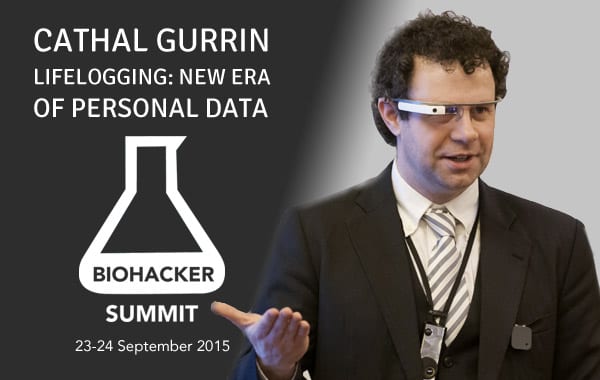In the second episode of Biohacker’s Podcast, Biohacker Teemu Arina interviews Dr Cathal Gurrin. Cathal Gurrin is a lecturer at the School of Computing, at Dublin City University, Ireland and he is an investigator at the Insight Centre for Data Analytics where he leads a research group of 10 people. He is also a visiting scientist at the University of Tromsø in Norway.
Cathal Gurrin’s research interest is personal analytics and lifelogging (a search engine for the self). He is especially interested in how wearable sensors can be used to infer knowledge about the real-world activities of the individual and how such sensor data can be used to enhance the performance and health of the individual.
Cathal has developed WWW search algorithms, multimedia content mining tools and he has gathered a digital memory since 2006 (incl. over 15 million wearable camera images) and hundreds of millions of other sensor readings. He regularly speaks at Quantified Self events and is the author of Lifelogging: Personal Big Data (PDF available), published in 2014 in the FNTIR series.
[powerpress]Watch on video:
Check out some of the highlights of the interview with Dr. Cathal Gurrin:
“What happens if you want to find a bottle of wine you drank at Biohacker Summit last year? How do you find that?”
Lifelogging might be the answer. Imagine using wearable cameras and recording your life as you live it.
“The use case is about reflection, and understanding yourself, and self-improvement. You don’t often need to go back and find what was that make of that bottle of wine, or who was the person I was talking to at the party last summer, but you need to understand your life better for self-improvement and that’s where summarization and visualization tools come in.”
But lifelogging is more than just remembering a particular aspect from your memories. Even more so — imagine being able to keep the valuable things that usually are lost.
“I would love to have every word I’ve ever heard indexed into a search engine, to go back in any point of time and play back the last conversation with your grandmother and things that are valuable and that are lost and gone forever… But there’s no reason for them anymore to be lost and gone forever, they can be there.”
But there’s a very different approach to lifelogging vs quantified self.
“In quantified self the key questions you always get asked about the value of the data: what did you learn? How did you change? And that’s very vital, that tends to focus it on personal performance and health care that’s the key use case of quantified self. In lifelogging we started off this process without knowing what we are doing. We started off by gathering data to build a search engine. Why? Because it’s cool as a scientific challenge — wouldn’t it be great to search through your whole life? And from that we are starting to find use cases. We are not limiting use cases and data gathering to solve a particular problem like my heart rate or my stress levels or the food I’m eating — we are gathering as much as we can. And we are building tools over that to generate new opportunities and challenges.”
Lessons from Dr Cathal Gurrin:
- Get up early. I think getting up early in the morning is the most important change I’ve made to my life in the last ten years in terms of productivity.
- Schedule deliverables, not tasks. It’s easy to allocate two hours a day to write a document, it’s not easy to allocate get the document done by four o’clock.
Dr Cathal Gurrin will be speaking at Biohacker Summit on 24 September 2015.


Leave a Reply